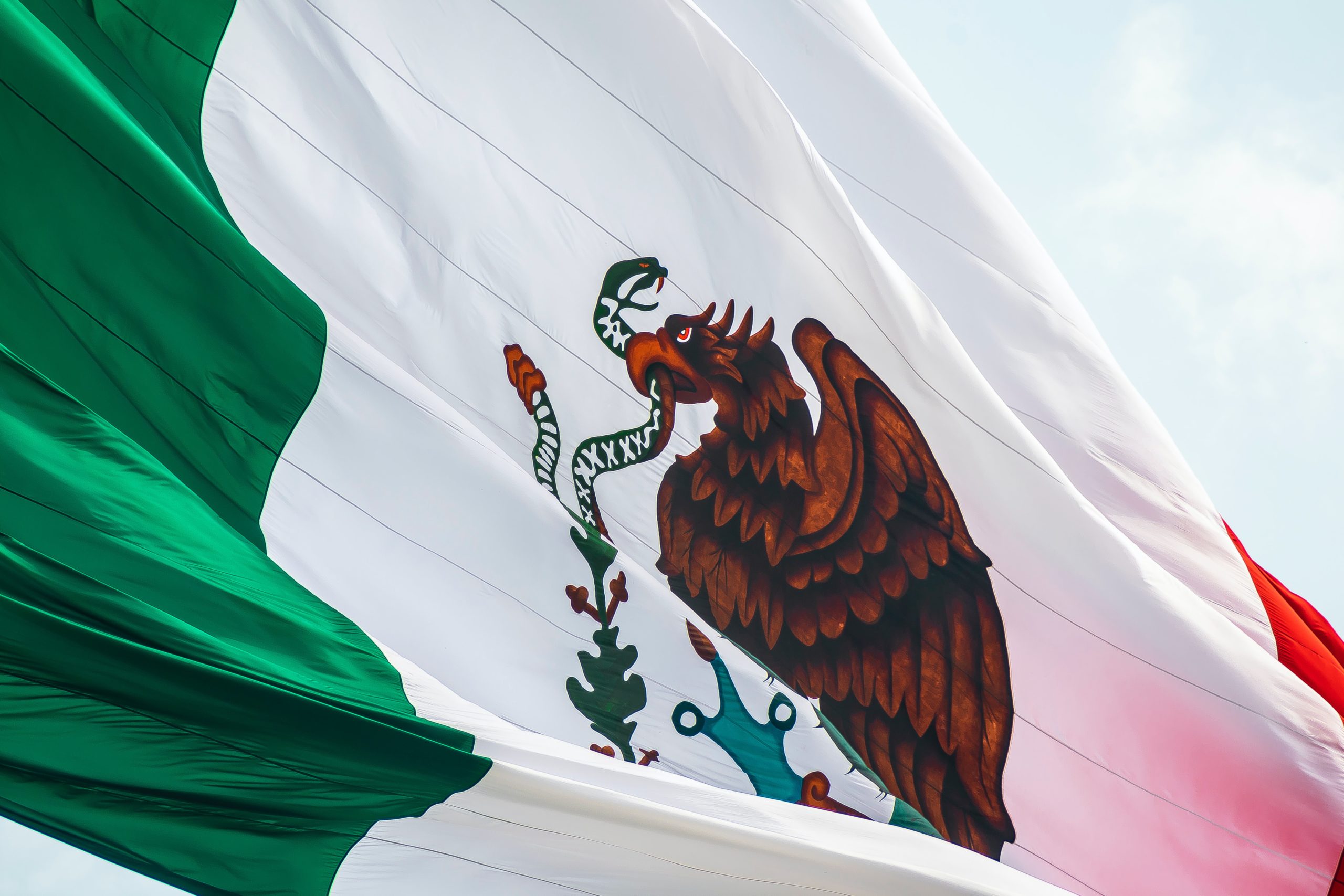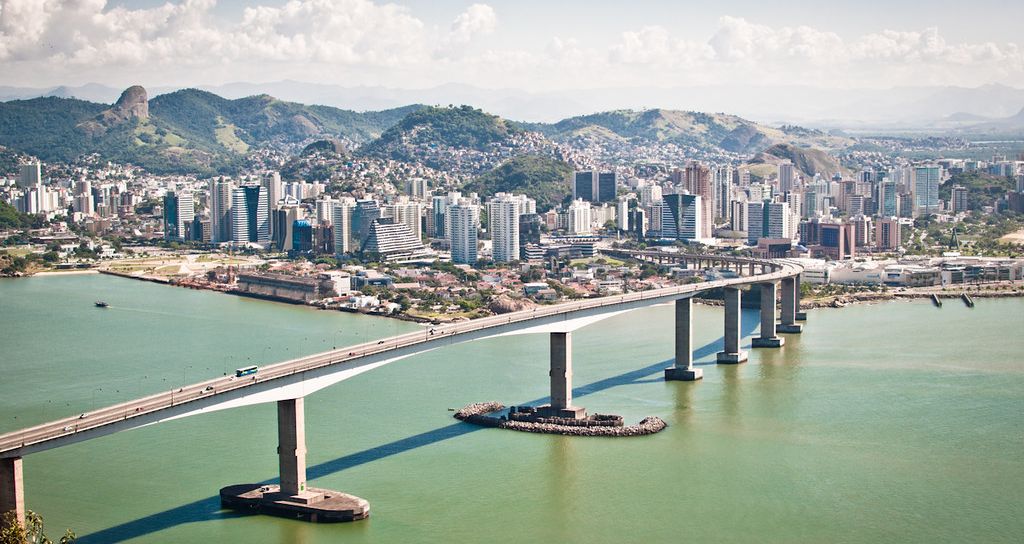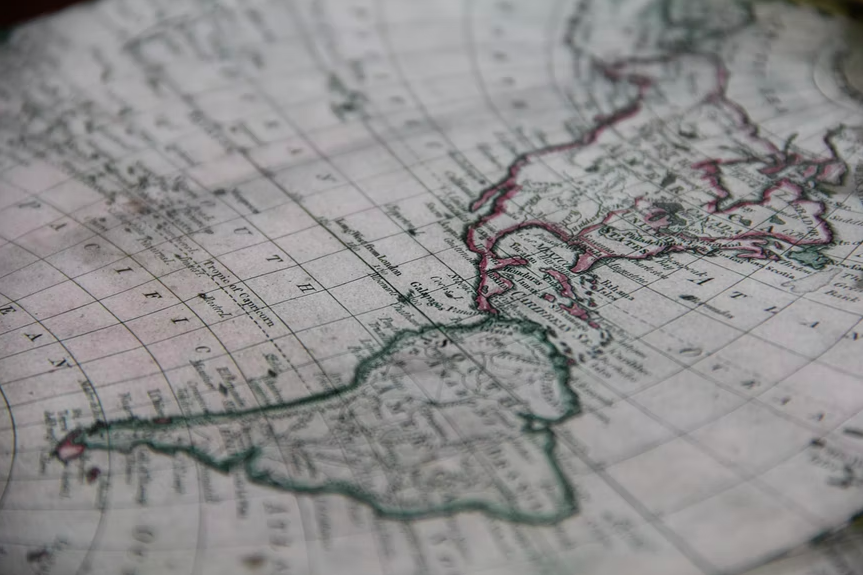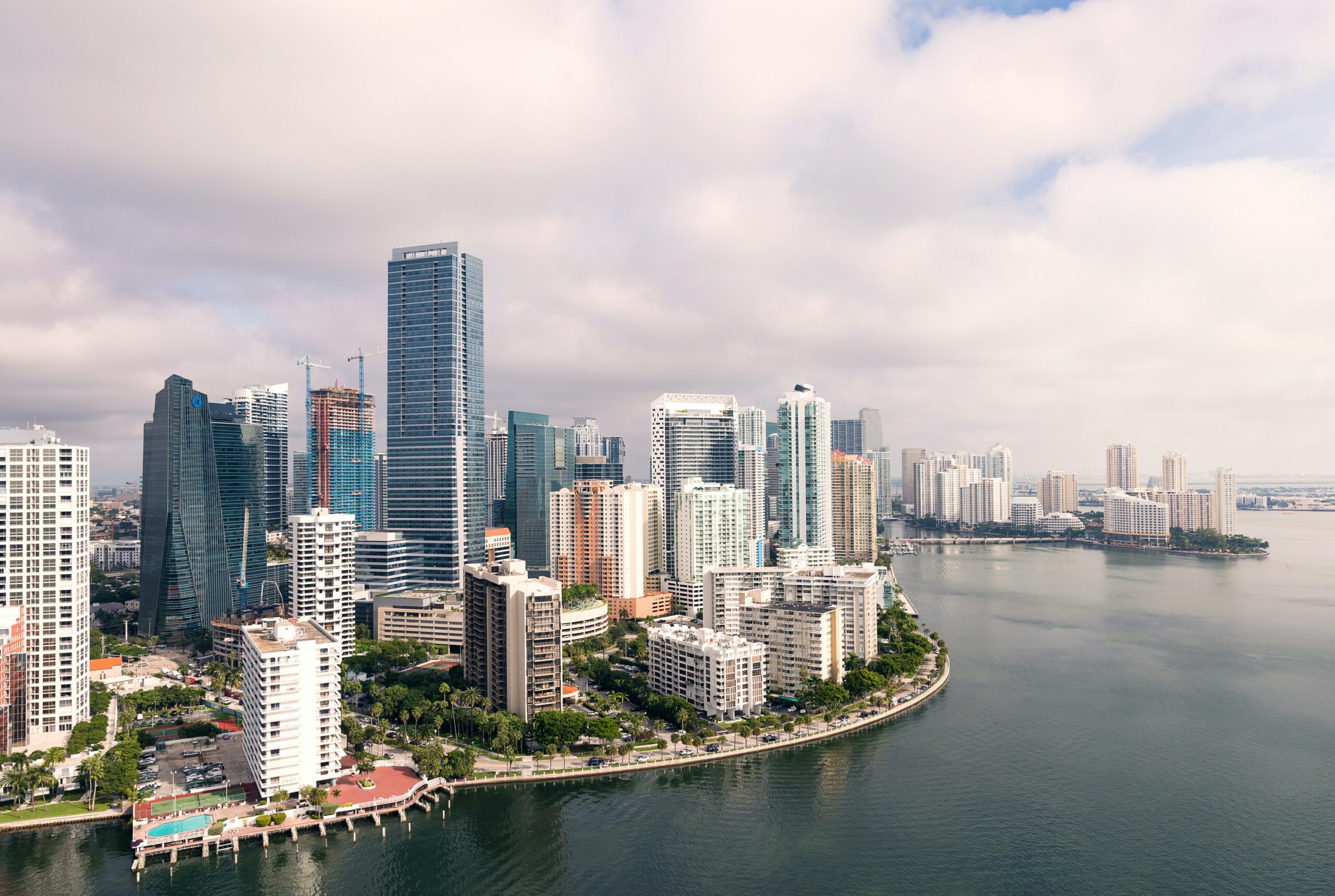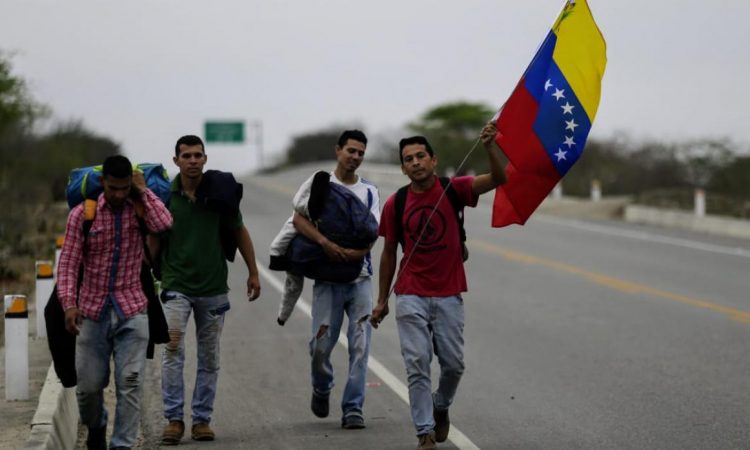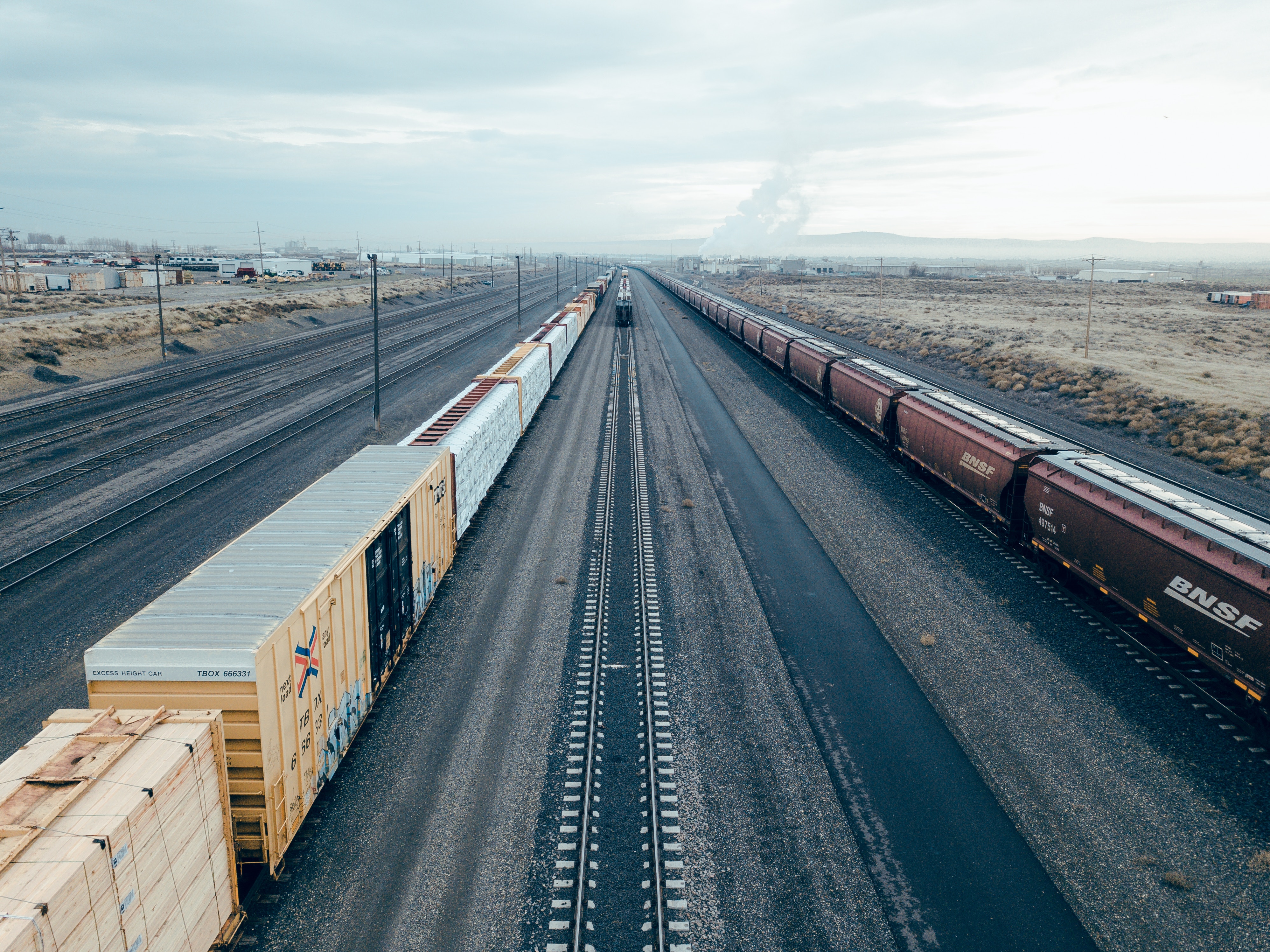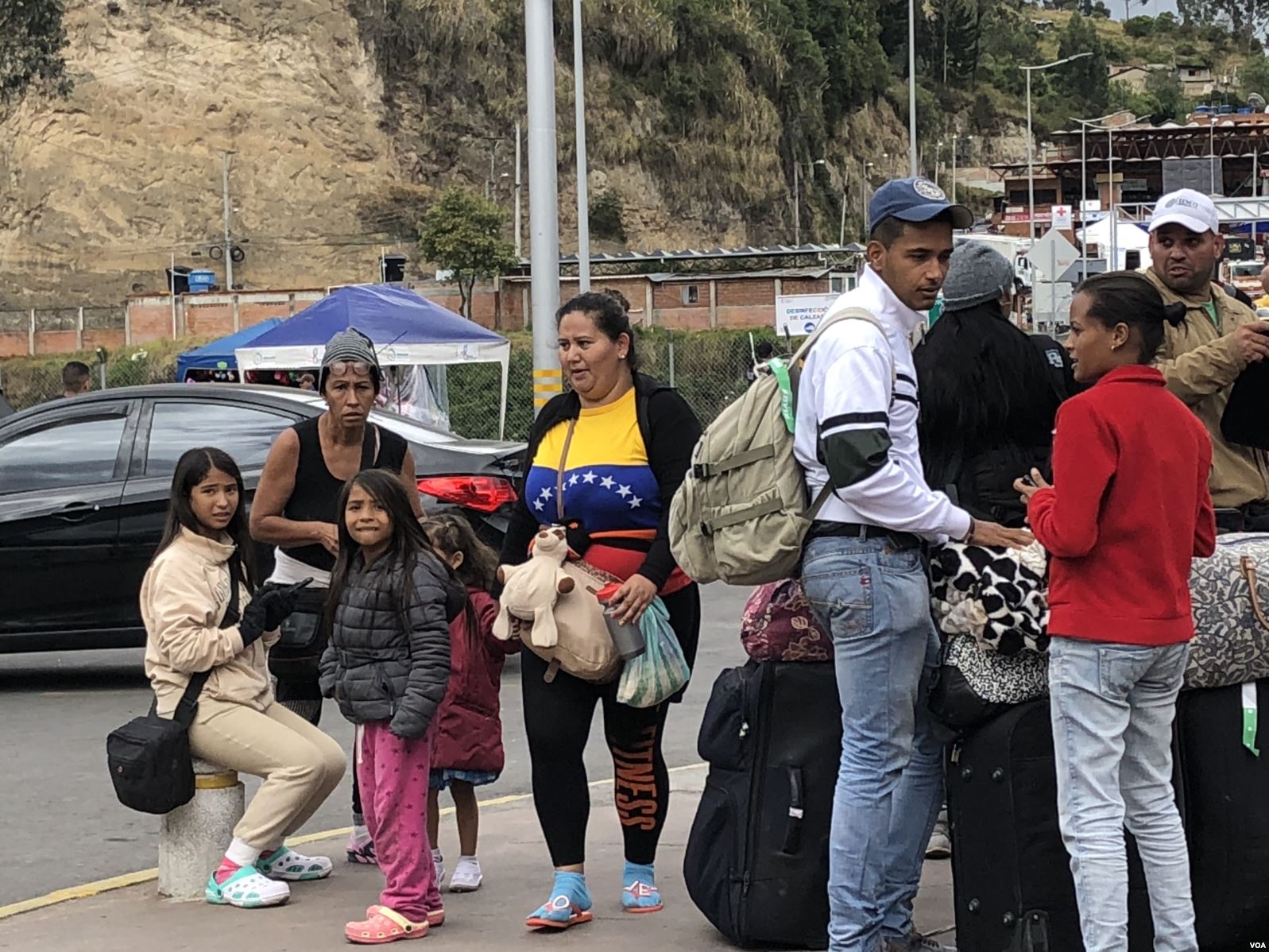Following a meeting in Lima, Peru on Wednesday, authorities from Colombia, Ecuador, Peru and Bolivia came together to address the humanitarian crisis taking place in Venezuela.
The emergency meeting which took place at the General Secretariat of the Andean Community headquarters aimed to reaffirm collaboration between the countries in order to support the flow of migrants, as well as enhance mechanisms of border control and assistance across the continent.
Taking part in the meeting were leaders of the Andean Committee of Migration Authorities (CAAM) as well as Bolivian representatives, who are not officially part of the organisation. On the same day, Peru declared a state of emergency regarding the influx of migrants, hot off the heels of Ecuador who too are facing a state of emergency and have recently closed their borders to Venezuelans without a passport.
The strain of Venezuela’s mass exodus continues to come to light, as leaders from around Latin America become more vocal about their concerns for facilitating migrants. Venezuela is currently ridden by an 85% poverty rate, a currency that dropped in value by 99.9%, political turmoil, food and medical shortages which have led to a historic amount of people choosing to leave in fear of their lives. Although Peru and Ecuador have recently imposed restrictions it seems unlikely that this will deter a number of Venezuelans.
In countries such as Colombia, 47,094 Venezuelan migrants entered the country in January 2018 alone and further reports from the United Nations suggest two million people have recently left the struggling nation. The scope of the crisis has been accentuated by experts who have also suggested Latin America’s migration crisis could surpass the number of people who have left Syria in the face of their civil war.
Following the gathering, Director General of the Andean Community (CAN) José Arróspide presented the consolidated agreements that the countries have come to. It involved calling on the ‘‘Republic of Venezuela to facilitate the granting of identity, filiation and travel documents for its migrant nationals,’’ as well as working with other countries outside of South America to finance the resettlement of migrants across the globe. Combined with soaring black market fees of up to $2,000 for a passport and refusal from the government to provide passports, many Venezuelans who have left since the economic crisis hit five years ago have no other option but to leave with just their ID cards. As recently as last week, this allowed free movement across South America, however security fears have since seen this revoked in Ecuador and Peru.
Furthermore, the statement stressed the importance of safe movement across borders as well as working with organisations such as the Red Cross to share information and support the humanitarian crisis. Although El Peruano pointed out that Bolivia did not sign the agreement, this is due to the country not officially being recognised as a CAAM member. Nonetheless, it has been reported that the country actively participated in the meeting and aims to supports its neighbouring countries to the fullest extent.
In regards to international support, it was also recently revealed that the issue of Venezuelan migration was discussed between Peru and Chinese foreign minister Wang Yi.
What all the countries agree on is that Venezuelan migration doesn’t appear to be stopping and more needs to be done to facilitate this movement. Although the meeting demonstrates an activeness by the Latino governments, this solidarity still means that Venezuelans are flooding across borders and sometimes enduring thousands of miles on foot in order to find a better life. Calls for multilateral support is one thing, putting this into practice and actively making a positive change is another. The further pressing issue of finding a way to stop the migration and solve Venezuela’s crisis, still has no solution.



